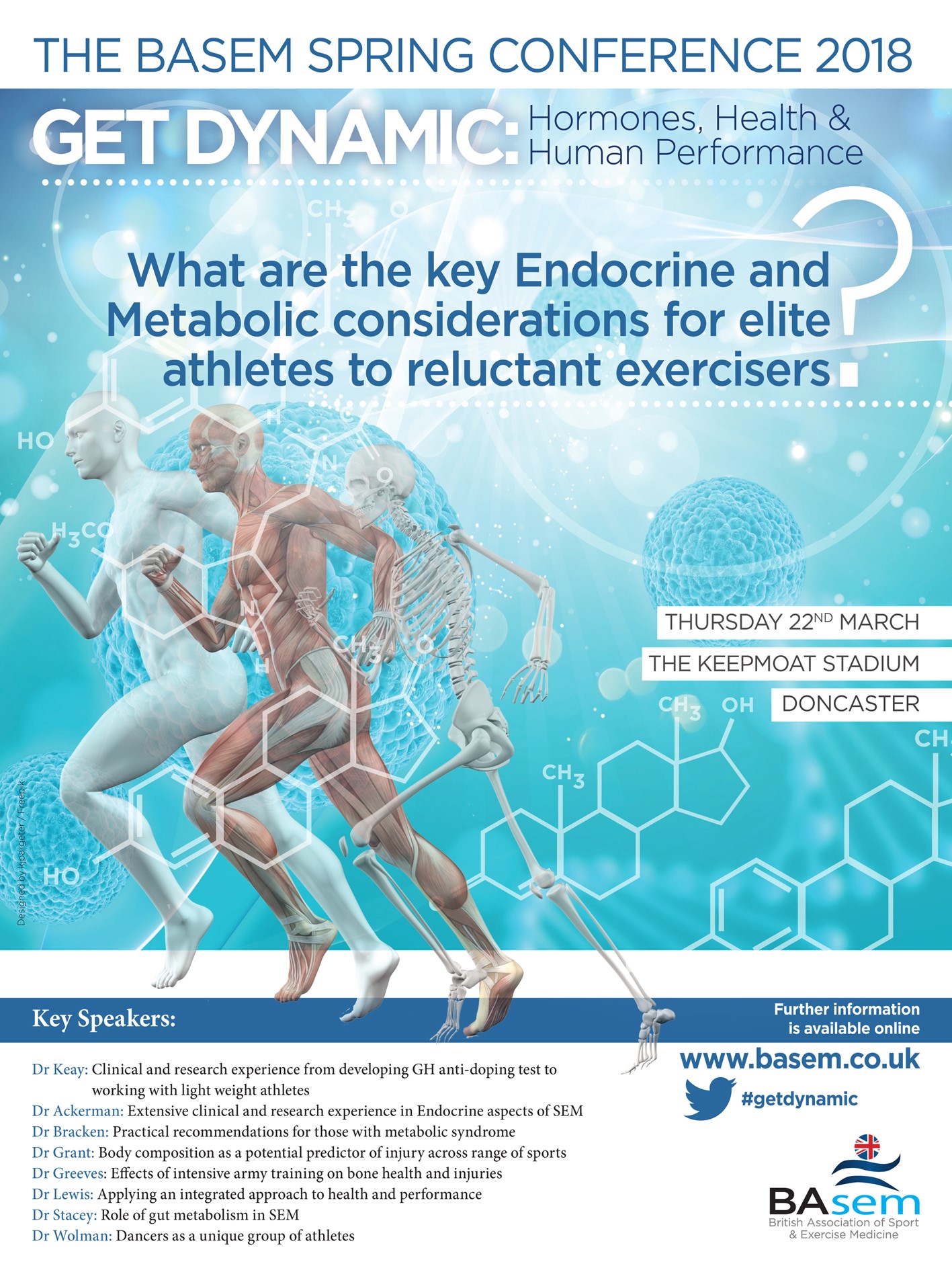By Dr Nicky Keay

Lifestyle factors of exercise, nutrition and sleep are vital for optimising health. As in the illustration shown, ideally we should be in the green zone – representing a balance between these lifestyle factors. Slipping into the peripheral red zone represents an imbalance: either too much or too little of any of these three elements. In particular exercise is of paramount importance being the most effective way of producing beneficial, multi-system effects mediated via the Endocrine system to optimise health and playing an important role in chronic disease prevention. However, it is not just a matter of what, but when: timing is crucial in integrating lifestyle factors with internal biological clocks. Beyond these guiding principles, personal preference and choice is emerging as being just as important as the lifestyle factor itself.
In a fascinating study, 58 participants were given either a prescribed exercise session, or a choice of exercise. Afterwards the participants were presented with a choice of foods, which they believed was simply as way of thank you for taking part in the exercise study. Post exercise, in those given no choice exercise, higher energy intake of food was consumed with larger proportion of “unhealthy” food compared to choice exercise group. The choice exercise group reported greater value and enjoyment of the exercise session. Thus autonomous choice of exercise not only provides positive reinforcement of exercising, but subsequent food choice is improved.
This concept of facilitating self determination, particularly when it comes to exercise was explored at the the recent annual British Association of Sport and Exercise conference. “Practicalities of intervention design, adherence and motivation” was presented by Dr Carly McKay from Bath University, who described how empowering people to make choices is far more likely to mean they will adhere to those lifestyle options that will optimise health.
What about the optimal timing of exercise which might improve motivation and performance? Well this depends on the context and what you are trying to achieve. In the case of training for competition and competition itself, optimal performance tends to be early evening, providing the most favourable hormonal milieu. Although in theory the morning diurnal release of cortisol might help with exercise, the downside is that this may interfere with blood glucose regulation. Furthermore, focusing on just one hormone in the Endocrine system, rather than the integrated function of the hypothalamic-pituitary axis could be misleading. Although due respect should be paid to internal biological clocks, to prevent circadian misalignment between internal pacemakers and external factors; equally becoming too obsessive about sticking to a rigid schedule would psychologically take away that essential element of choice. Practicality is a very important consideration and a degree of flexibility when planning the timing of exercise. For example, my choice of cardiovascualar exercise is swimming, which I fit in according to work commitments and when public lane swimming is available. Fortunately whilst at the BASEM conference in Bath, these practical conditions were met during the lunch break to take advantage of the 50m pool at Bath University. Pragmatic, not dogmatic when it comes to timing of exercise.
Timing of nutrition post exhaustive exercise is an important factor in supporting bone health. Immediate, rather than delayed refuelling with carbohydrate and protein is more advantageous in the balance of bone turnover markers; favouring formation over resorption. In the longer term, prolonged low energy availability as in the situation of relative energy deficiency in sport (RED-S) has a potentially irreversible adverse effect on bone health. In terms of the timing of meals, not eating too close to going to sleep, ideally 2 hours before melatonin release, is best for metabolic health.
Backing up the lifestyle choices of exercise and nutrition is sleep. Timing, duration and quality of sleep is essential for many aspects of health such as hormonal release of growth hormone, functional immunity and cognitive function. Certainly it is well recognised that shift workers, with circadian misalignment: disturbed sleep patterns relative to intrinsic biological clocks, are more at risk of developing cardio-metabolic disease.
In summary, a prescriptive approach to lifestyle factors could be counter productive. Discussing options and encouraging individuals to make their own informed and personal choices is far more likely to enable that person to take responsibility for their health and adhere to changes in lifestyle that are beneficial for their health. Having worked in hospital based NHS diabetic clinics for many years, I appreciate that supporting reluctant exercisers is not always an easy task. Equally it can be difficult to distinguish between the effects of ageing and loss of fitness. However, this does not mean that this supportive and inclusive approach should be abandoned. Rather, encouraging people to participate in decision making that they feel leads to options that are realistic and beneficial, is the approach most likely to work, especially in the long term.
“If we could give every individual the right amount of nourishment and exercise, not too little and not too much, we would have found the safest way to health.”
— Hippocrates
